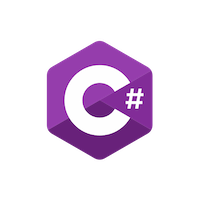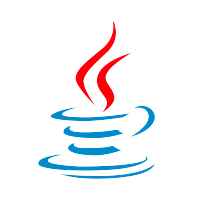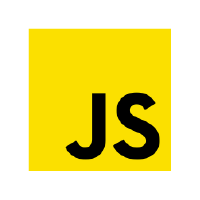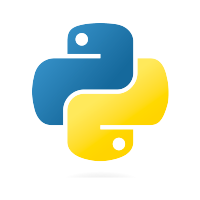Data Structures for Coding Interviews in C++
The ultimate guide to data structures for coding interviews. Developed by FAANG engineers. Get interview-ready in hours with C++ implementations and real-world interview questions. Prep faster.
4.6
228 Lessons
25h
Updated 3 weeks ago
Also available in
Also available in
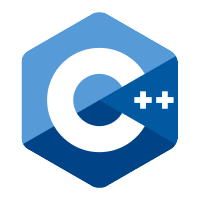 C++
C++Join 2.8 million developers at
Data structures are amongst the very fundamentals of Computer Science and are often a core decision in developing efficient programs. Consequently, they are also largely categorized as a vital benchmark of computer science knowledge when it comes to industry interviews. This course contains a detailed review of all the common data structures and provides implementation level details in C++ to allow readers to become well equipped with all the different data structures they can leverage to write better code!
Data structures are amongst the very fundamentals of Computer Science and are often a core decision in developing efficient prog...Show More
Learning Roadmap
Certificate of Completion
Showcase your accomplishment by sharing your certificate of completion.
Course Author:
Developed by MAANG Engineers
Trusted by 2.8 million developers working at companies
"These are high-quality courses. Trust me. I own around 10 and the price is worth it for the content quality. PalmalearningserviceInc came at the right time in my career. I'm understanding topics better than with any book or online video tutorial I've done. Truly made for developers. Thanks"
Anthony Walker
@_webarchitect_
"Just finished my first full #ML course: Machine learning for Software Engineers from Palmalearningservice, Inc. ... Highly recommend!"
Evan Dunbar
ML Engineer
"You guys are the gold standard of crash-courses... Narrow enough that it doesn't need years of study or a full blown book to get the gist, but broad enough that an afternoon of Googling doesn't cut it."
Software Developer
Carlos Matias La Borde
"I spend my days and nights on Palmalearningservice. It is indispensable. It is such a unique and reader-friendly site"
Souvik Kundu
Front-end Developer
"Your courses are simply awesome, the depth they go into and the breadth of coverage is so good that I don't have to refer to 10 different websites looking for interview topics and content."
Vinay Krishnaiah
Software Developer
Why you should choose Palmalearningservice
Built for 10x Developers
Get job-ready by lessons designed by industry professionals
Roadmaps Built Just for You
One-size-fits-all courses are a thing of the past
Keeping you state-of-the-art
Future proof yourself with our catalog
Meet PAL - Your AI Coach
Get Personalized feedback from your personalized learning agent
Built to Stimulate the MAANG Experience
AI Mock Interviews & Quizzes with targeted guidance
Free Resources
